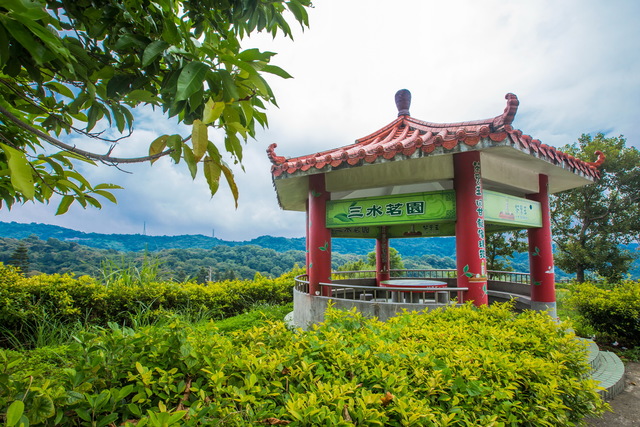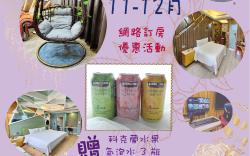Longtan San Shui Li Tea Garden Introduction
Discover the filming locations of the Tea King advertisement, take photos in the endless fields of lupine flowers, savor the rich aroma of Oriental Beauty tea, and stroll through century-old houses to taste the passage of time... Longtan has more than just Shimen Reservoir and scenic Grand Lake; in the far west lies a tranquil hidden gem - San Shui Li, where the simple natural scenery and cultural atmosphere offer a slower pace than the urban city, allowing travelers to write unique travel accounts of Longtan. The mountain views and green trees create a lush landscape, with the cool breeze stirring layers of green waves. Step into the pavilion of the Tea King advertisement scene, feel the rare ease and comfort at the century-old tea plantation - San Shui Ming Yuan. If you visit during tea-picking season, you might as well experience tea picking for yourself, along with the renowned Longquan Pung Feng tea, known for its smooth and mellow aftertaste. From the tea garden to the dining table, a deep understanding of tea culture adds joy to the journey. Every March, when the tea plantation is fallow, farmers plant lupine flowers, known as "Hakka mother's flower," which, after withering, serve as fertilizer for the tea trees. The sea of yellow, purple, and white flowers over a dozen hectares adorns the tea mountains, leaving people in awe, and the Hakka literary giant Chung Chao-Cheng’s "Lupine Flowers" becomes vividly alive. In early summer, the traces of fireflies and the unique deer are also perfect for a family ecological tour. San Shui Li is not just a natural landscape but also a recommended spot to discover Hakka traditional culture; the Four Seasons Peace Wall conveying the belief in Baogong, the century-old Baogong Fude Temple, Hakka-style brick carvings, and the century-old Hakka three-in-one house - Jiang Family Ancient House. In 2018, the first "Love Lupine Flowers" event included experiences such as Hakka rice dishes, grinding tea, Beauty tea sessions, and local guided tours. Listening to stories, exploring Hakka culture, and tasting local farm cuisine are all unique experiences.









































